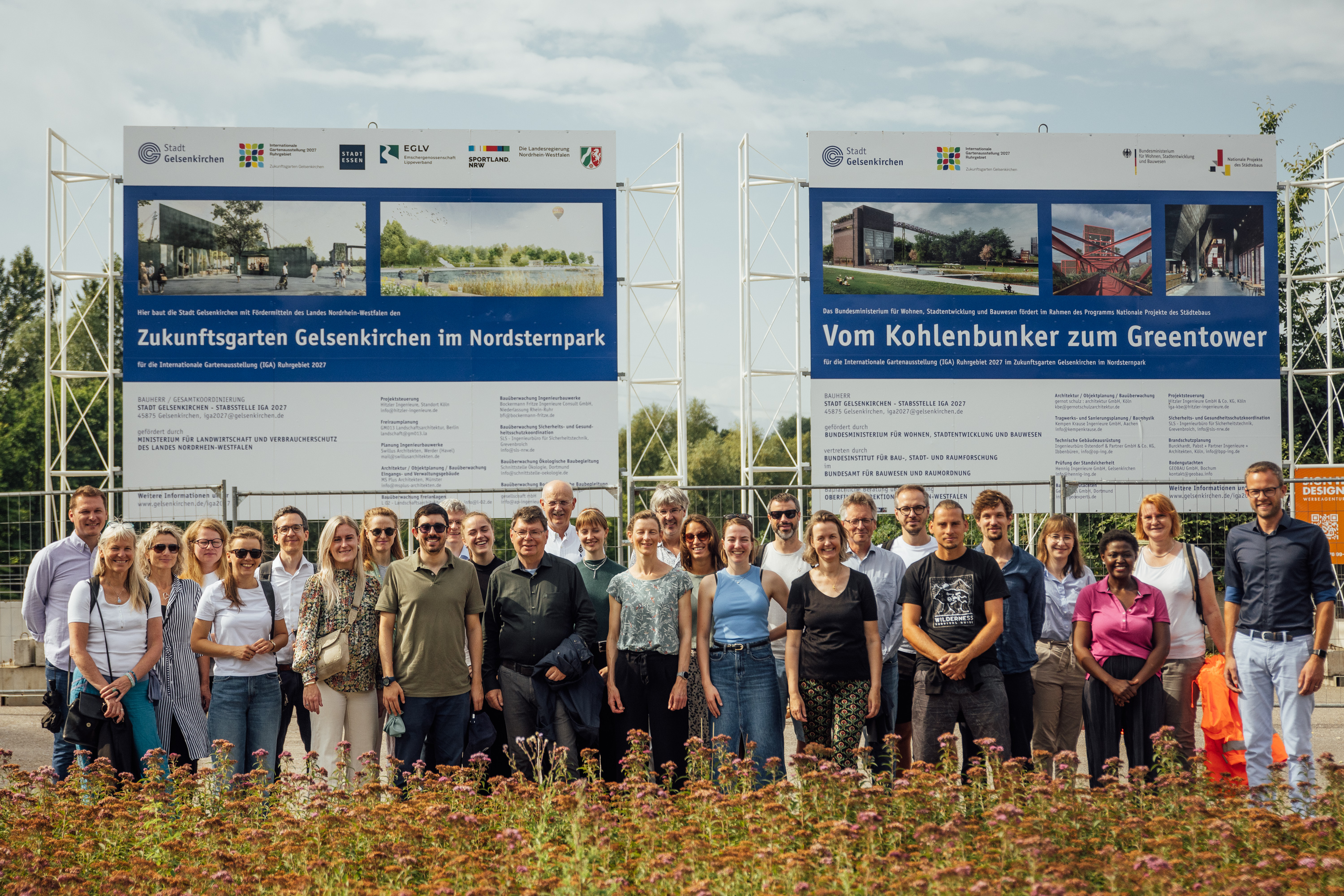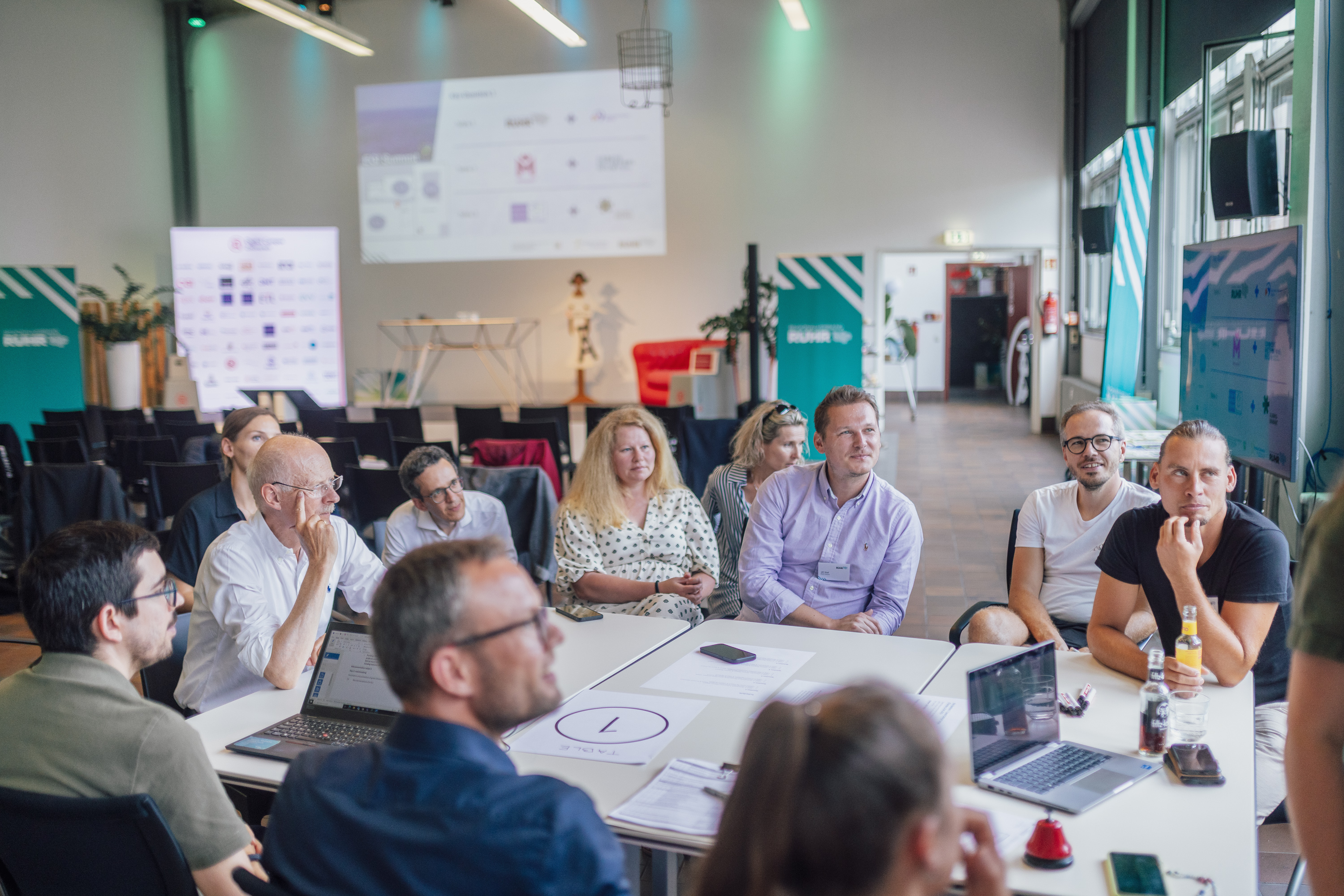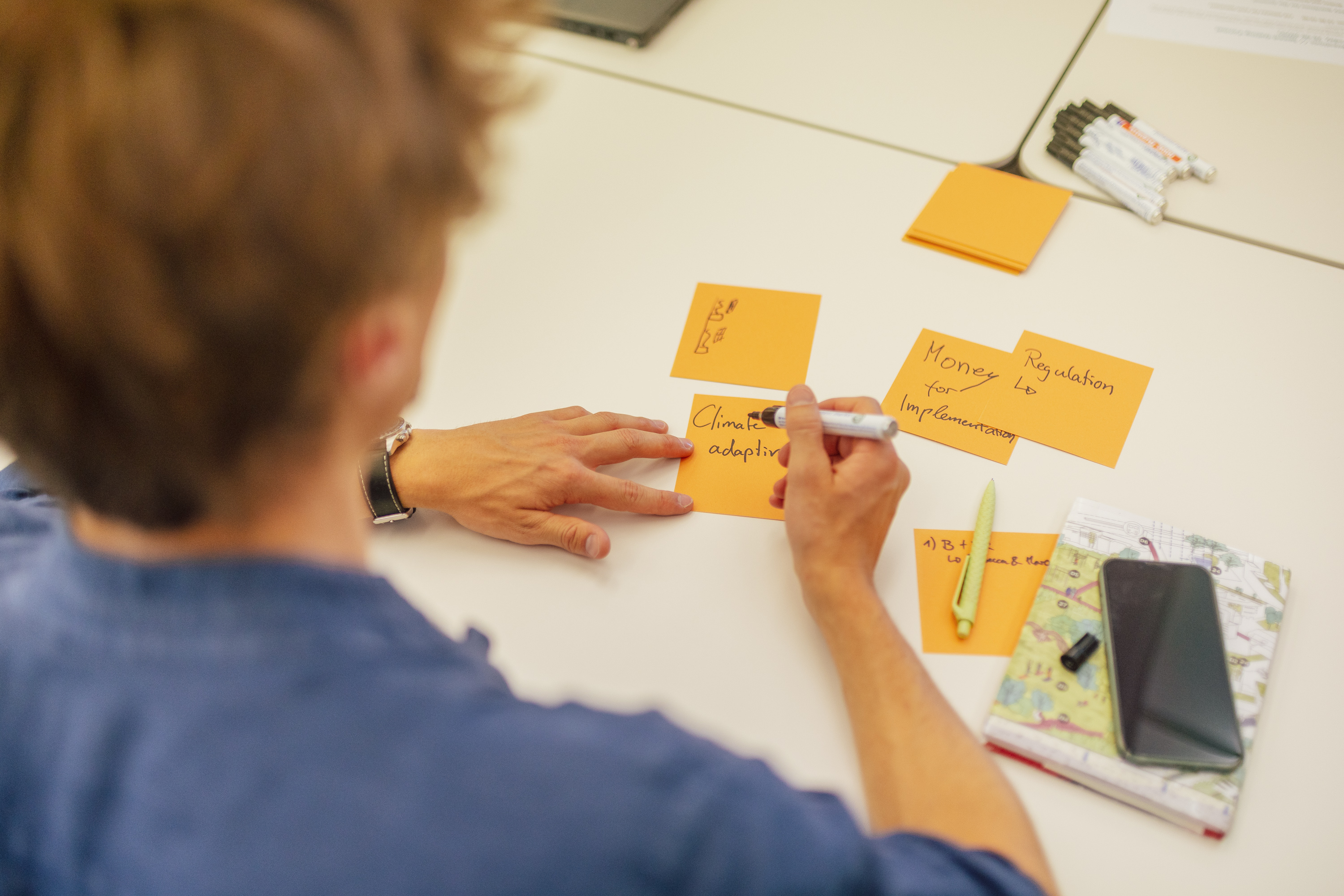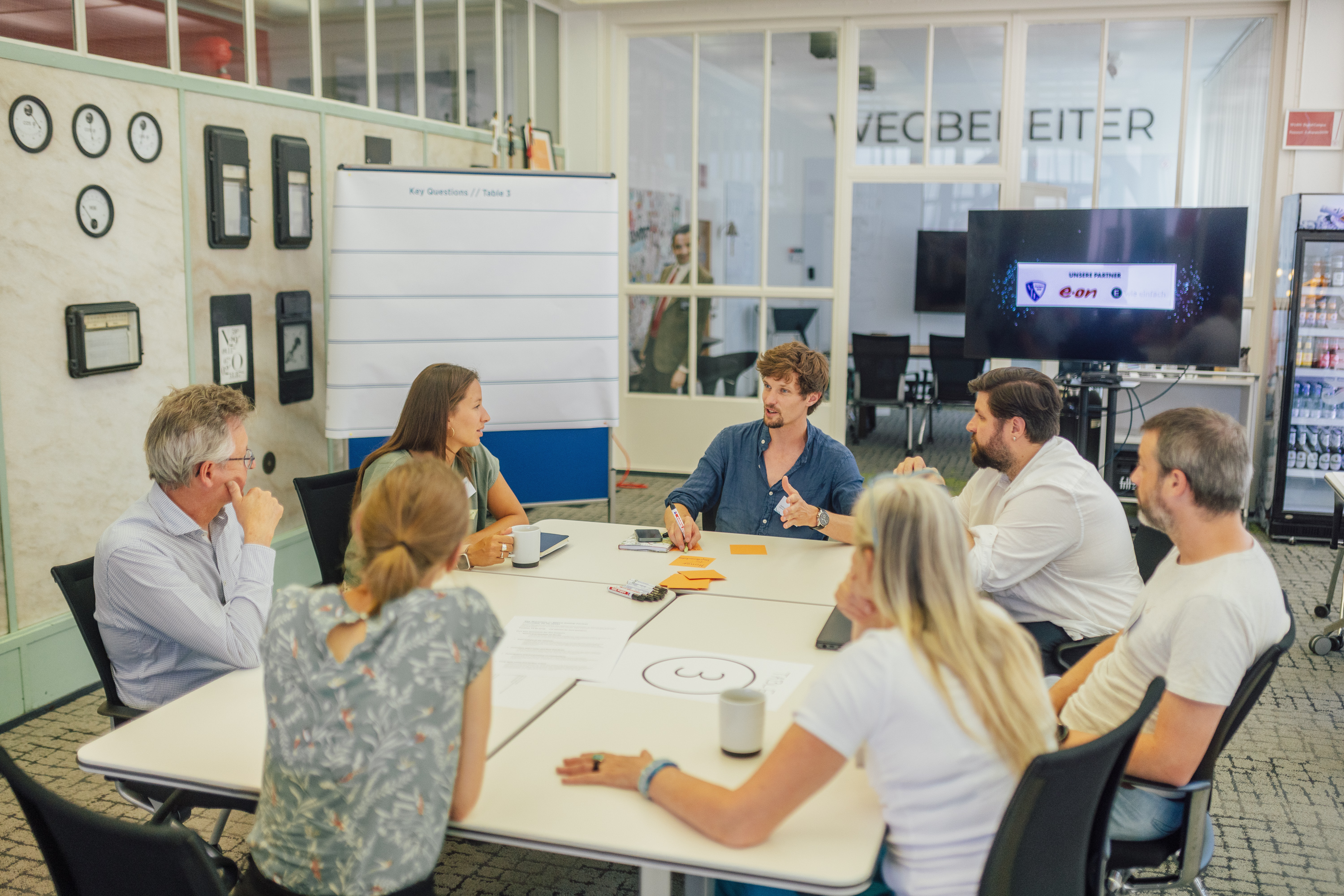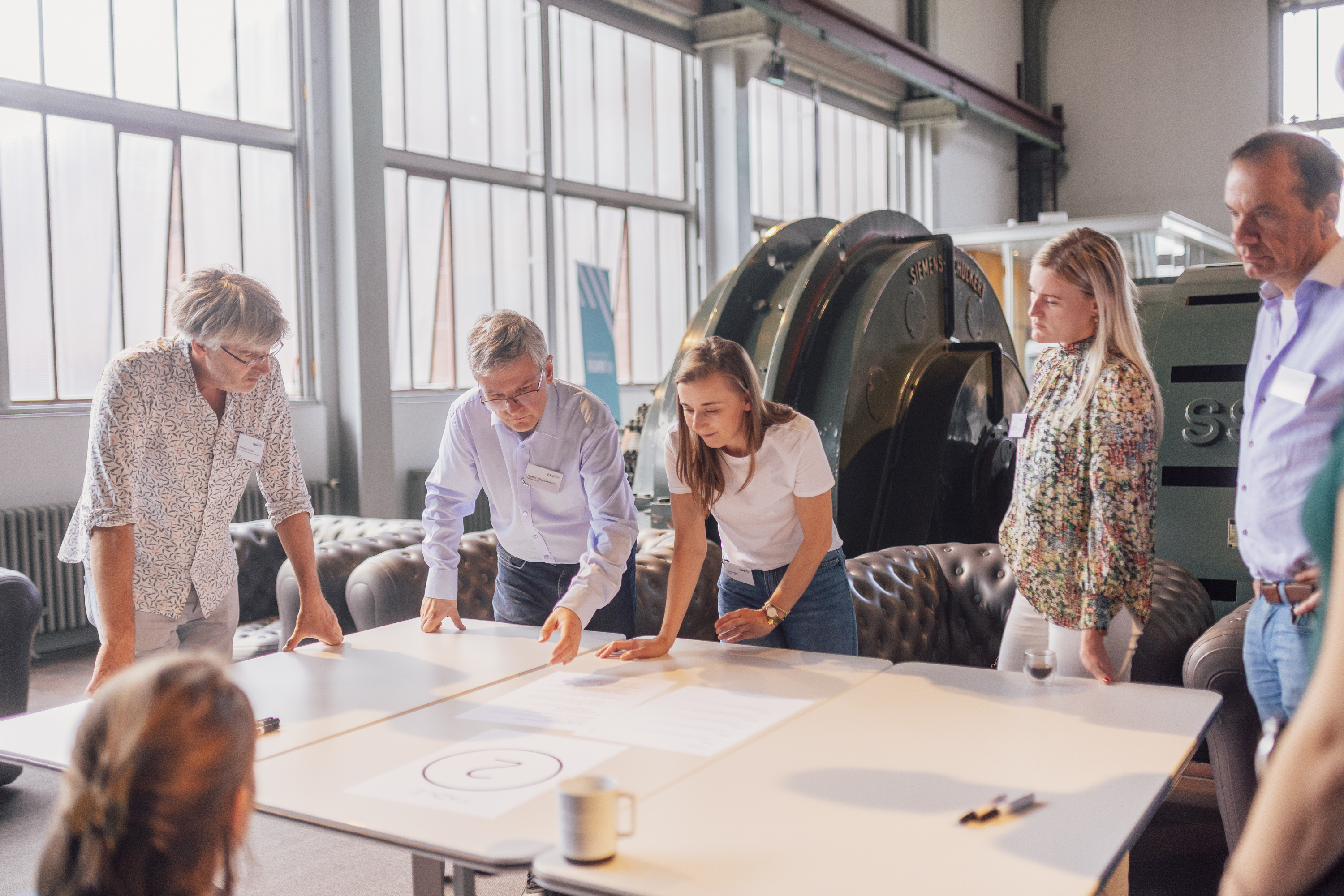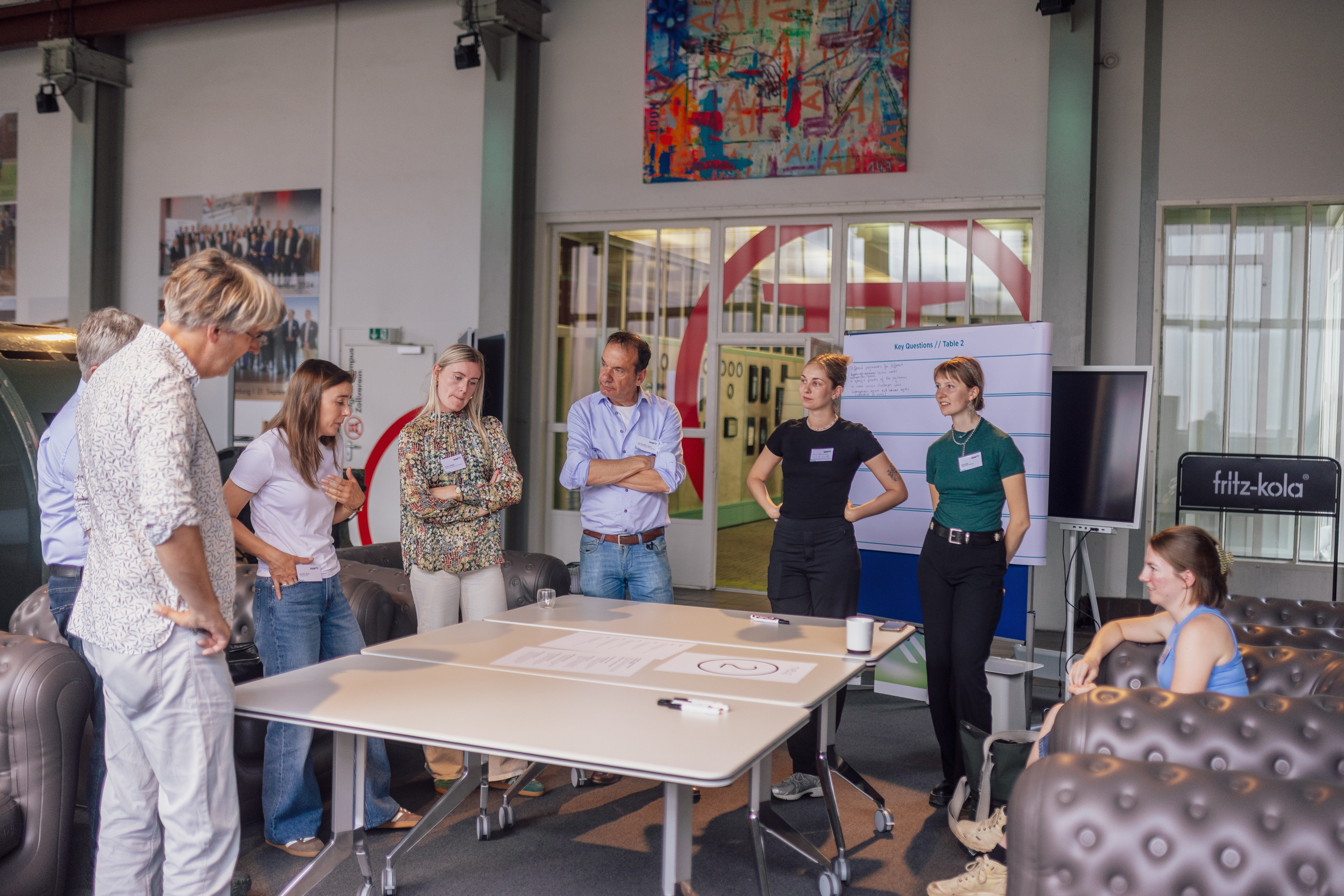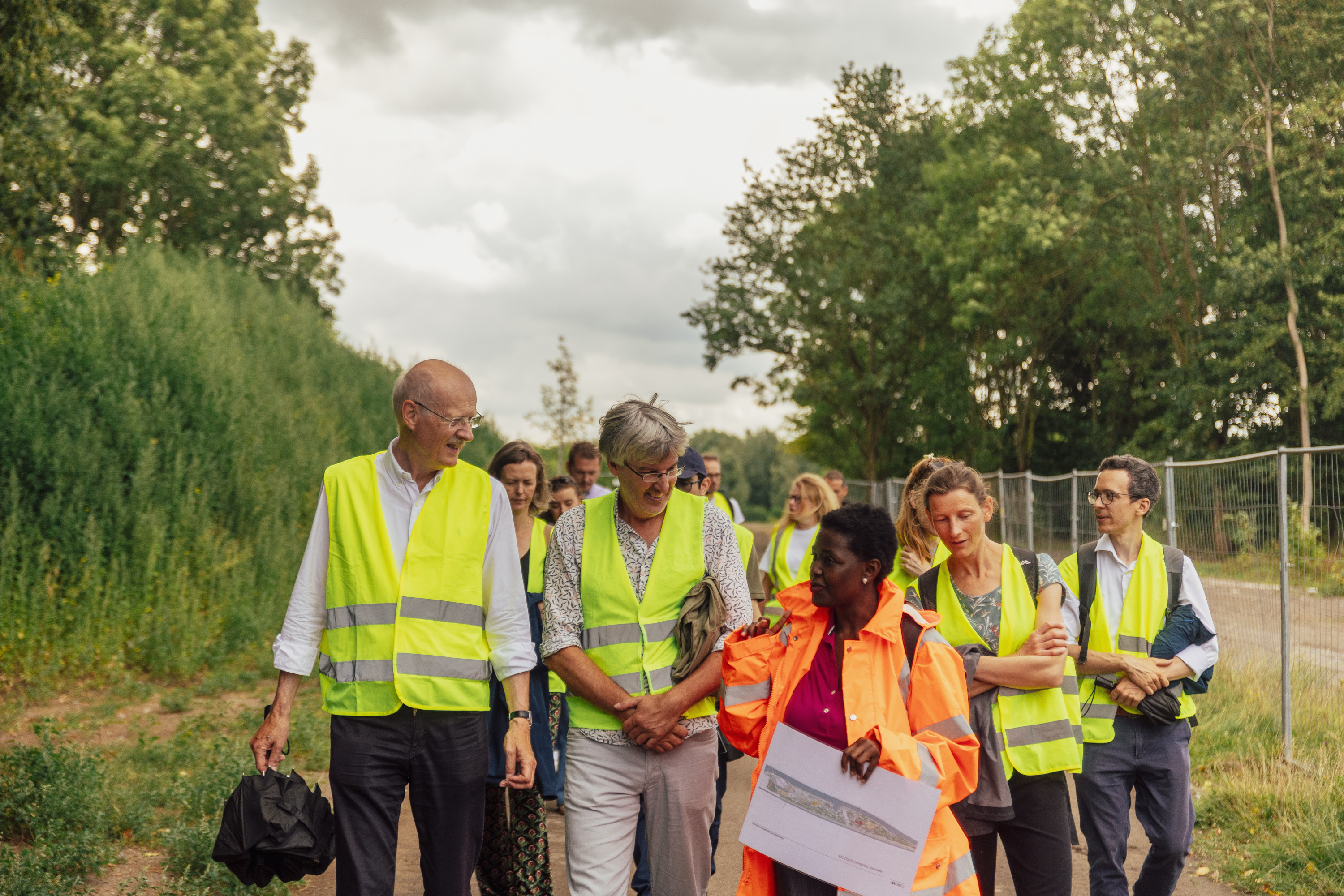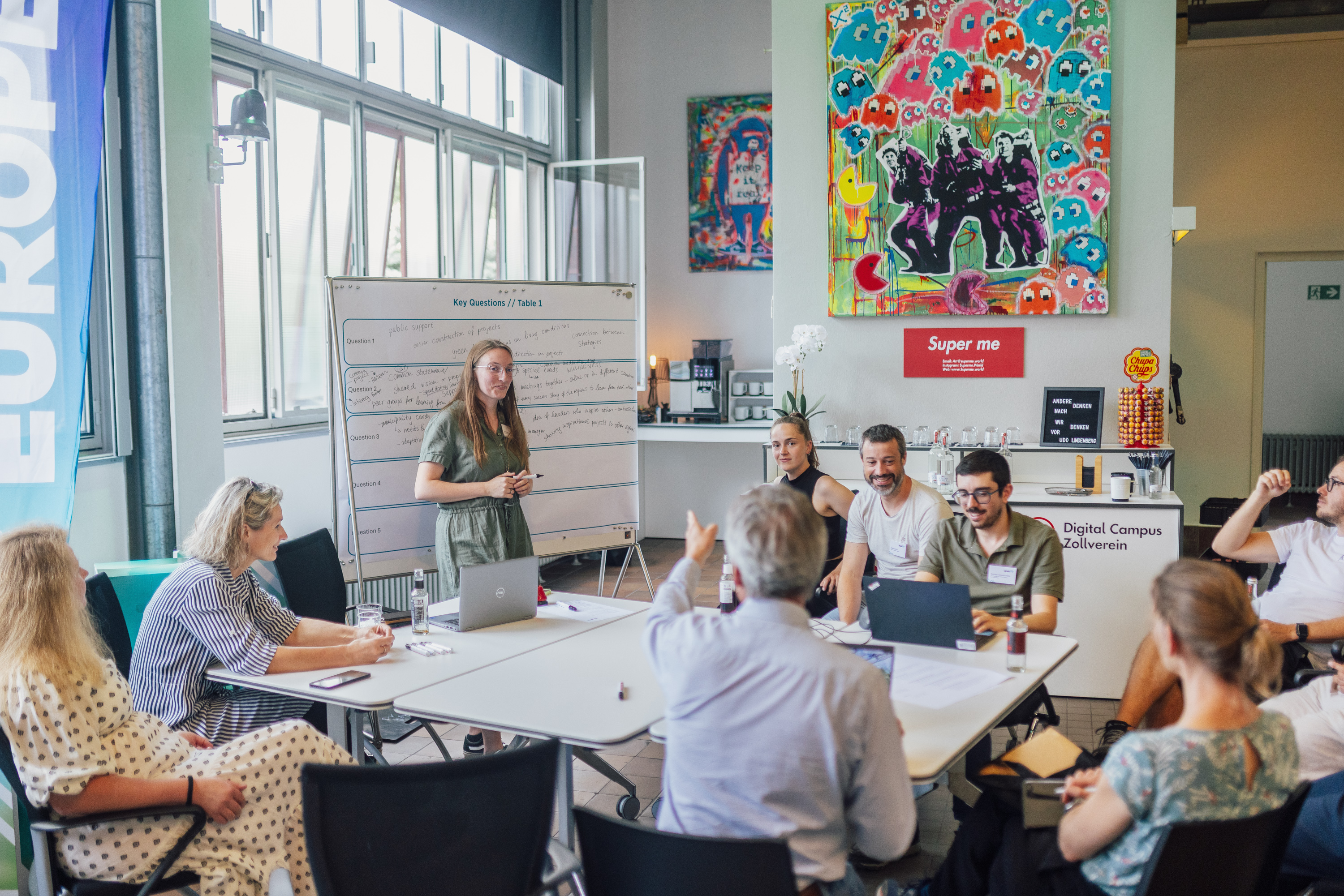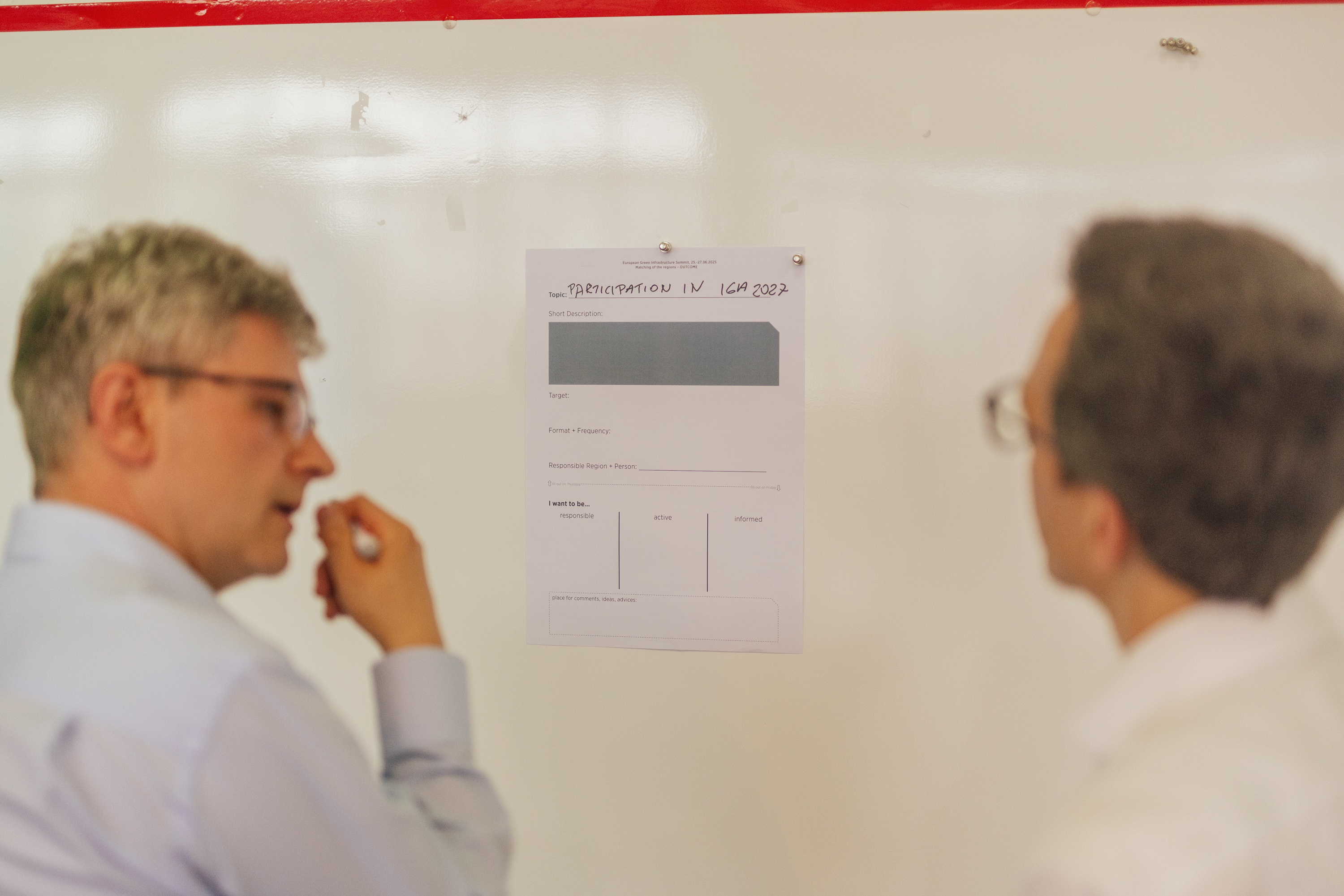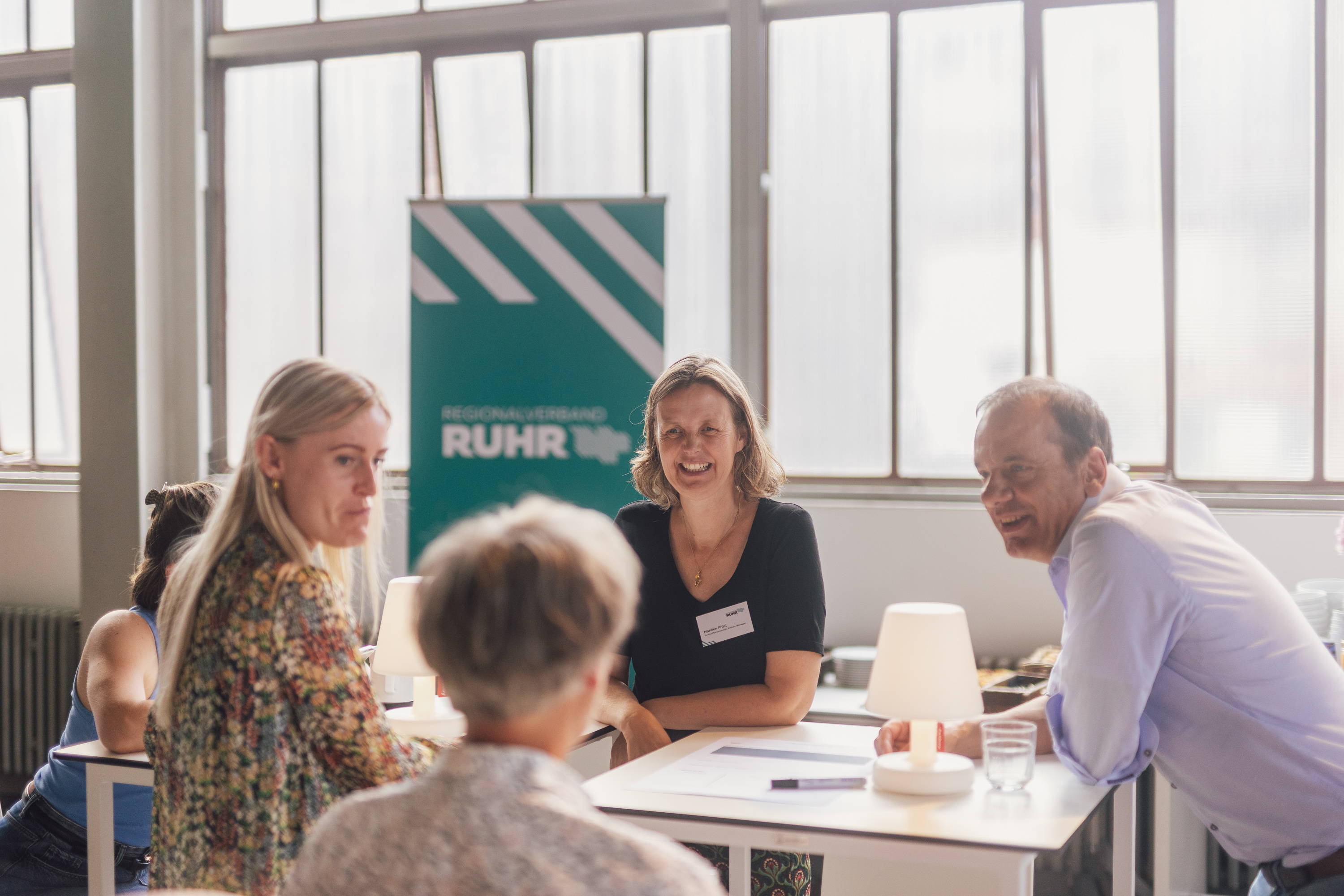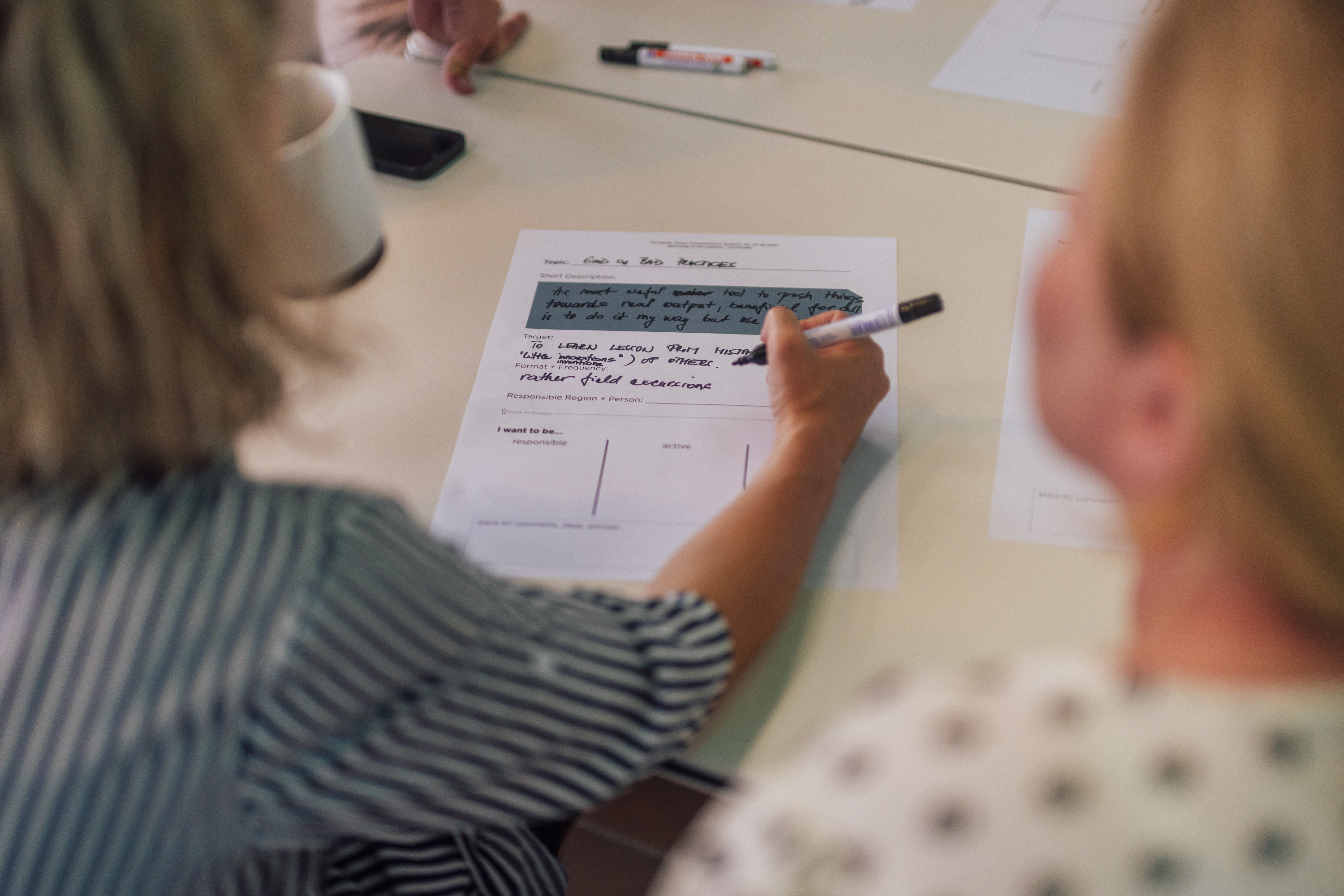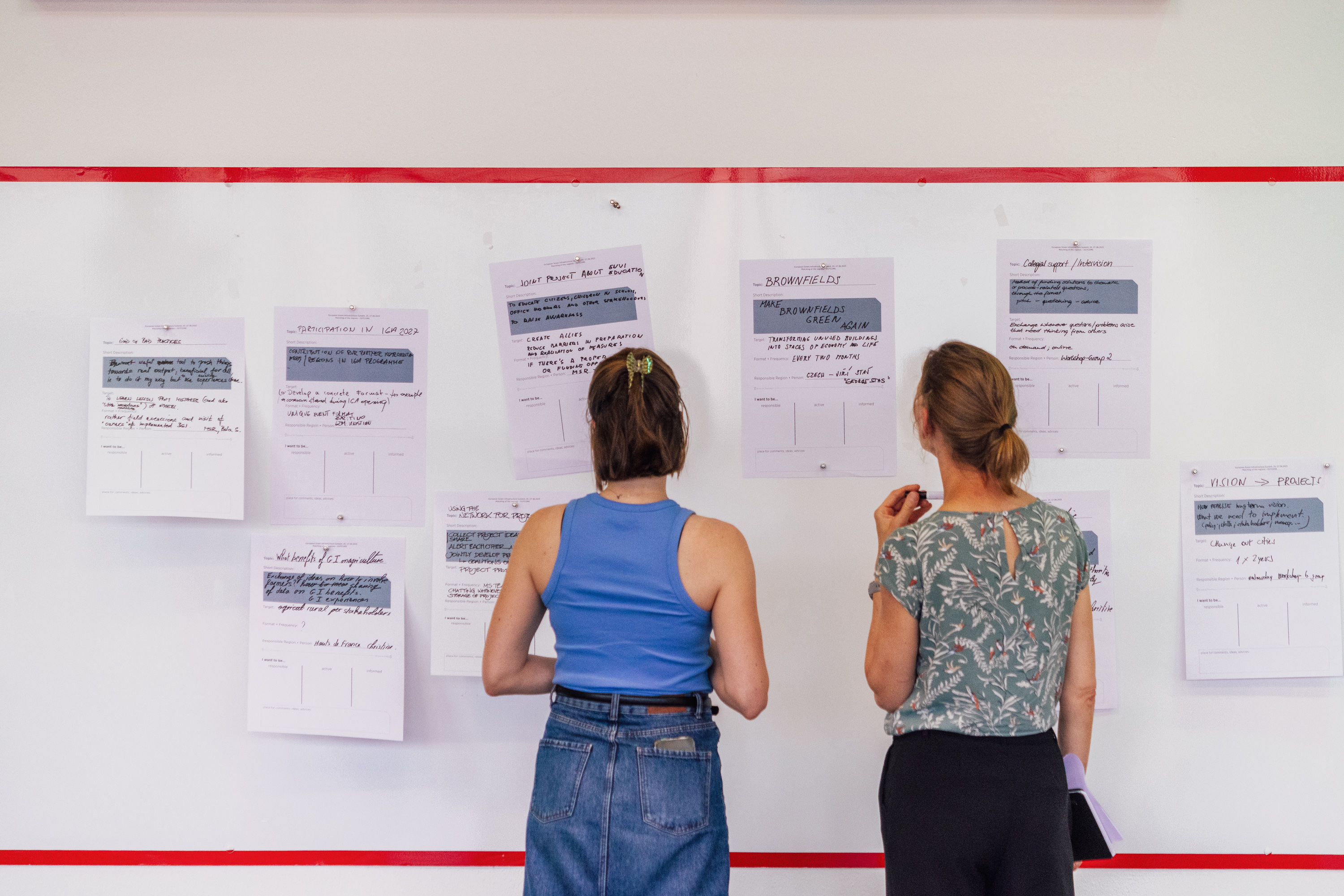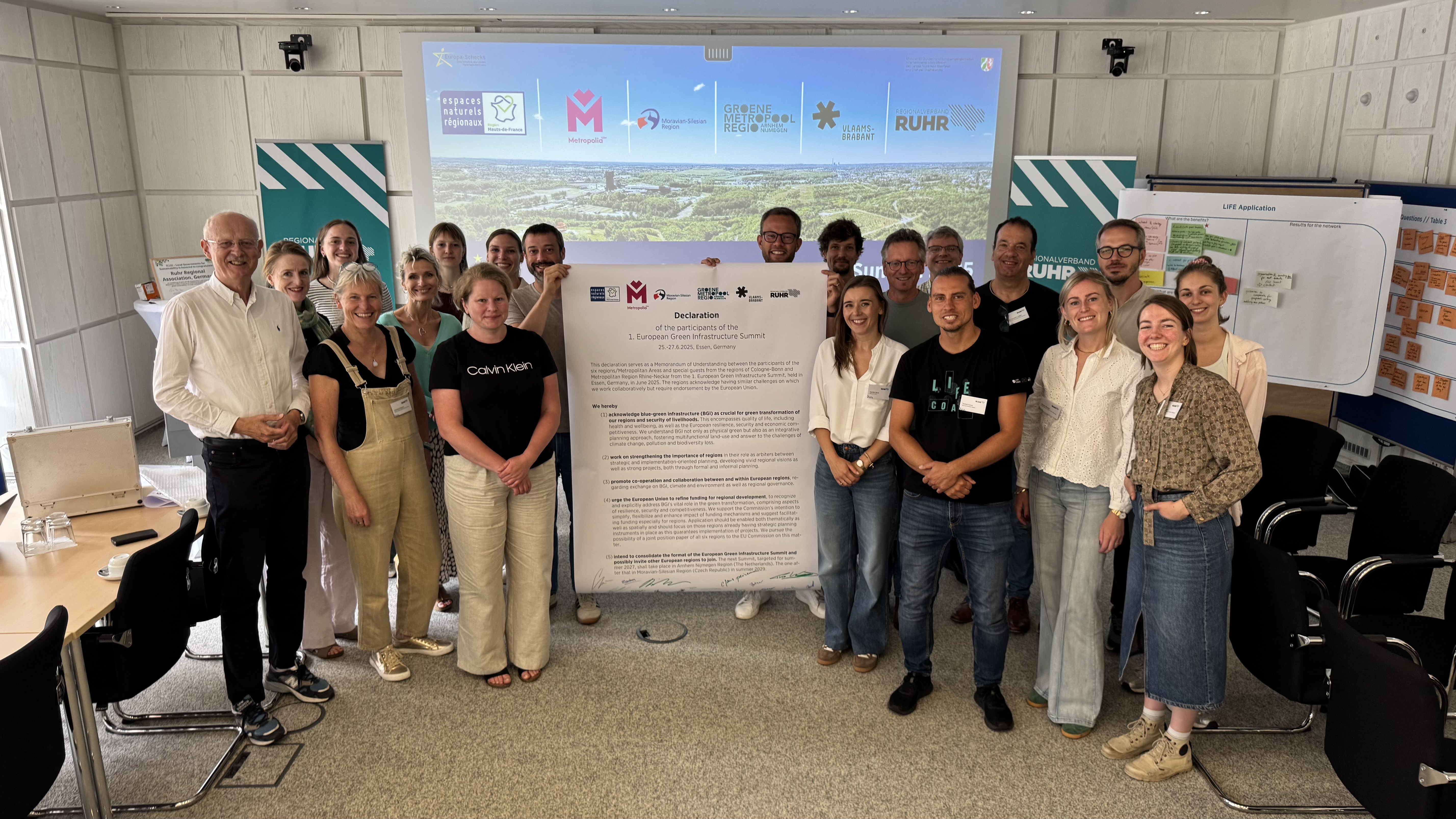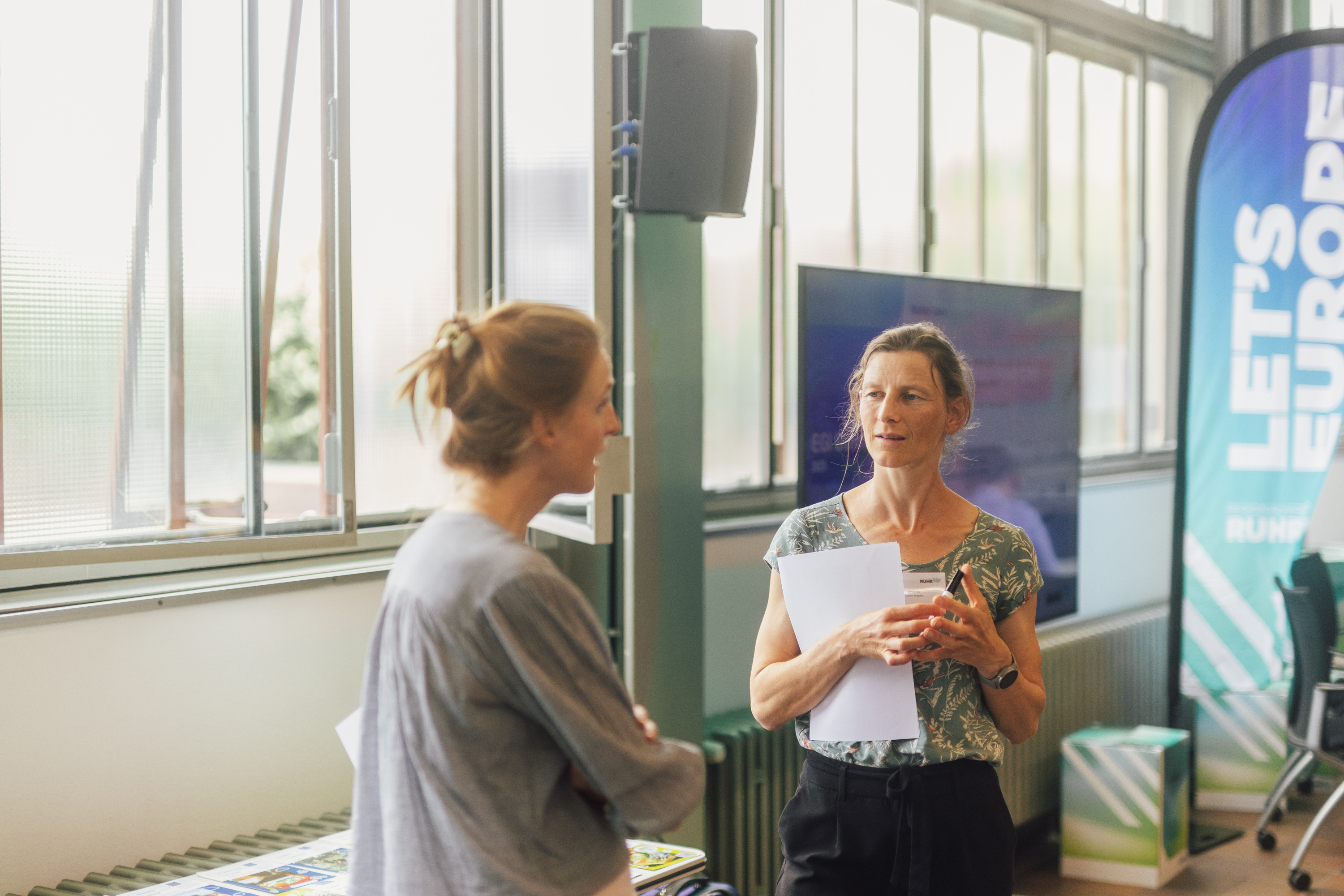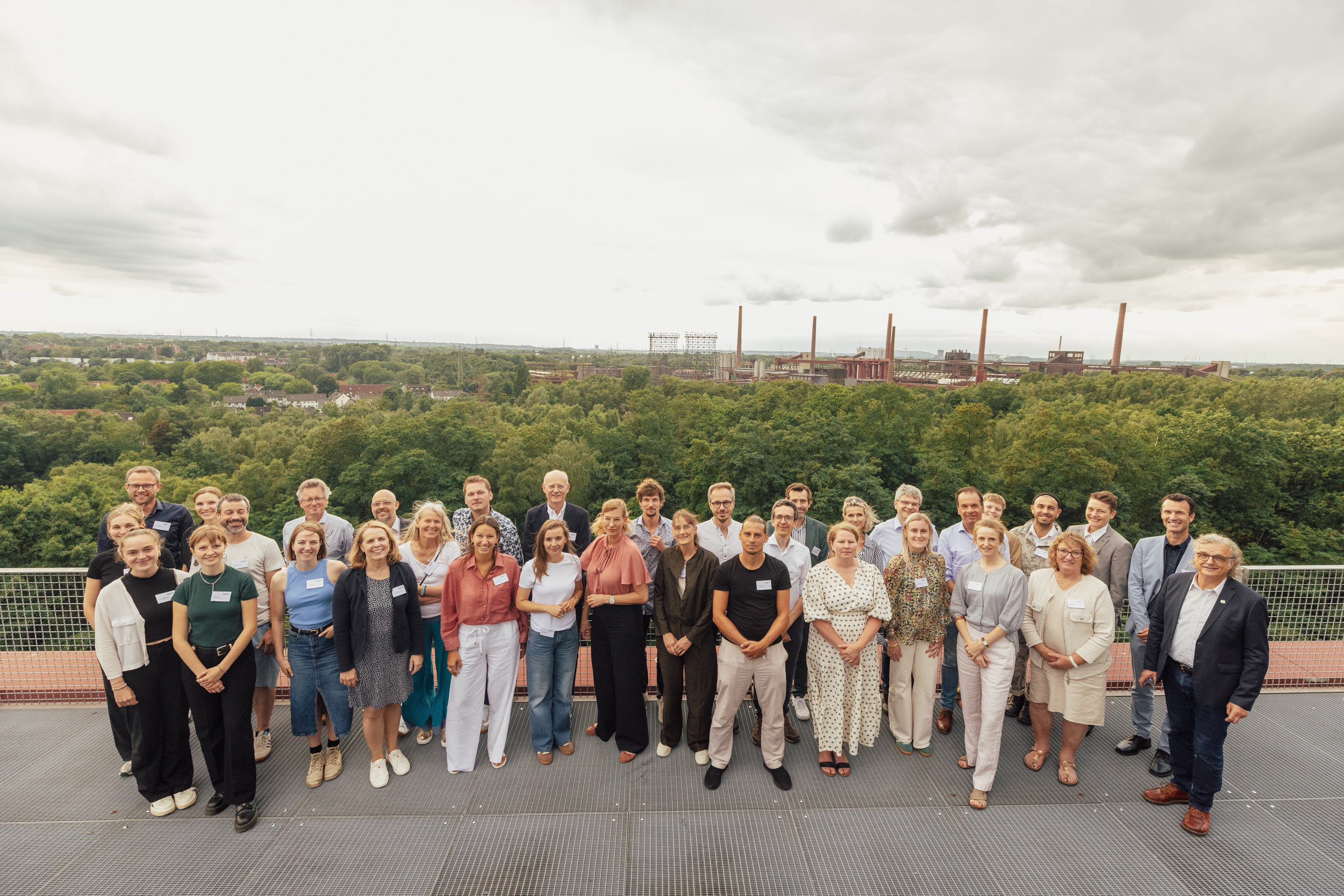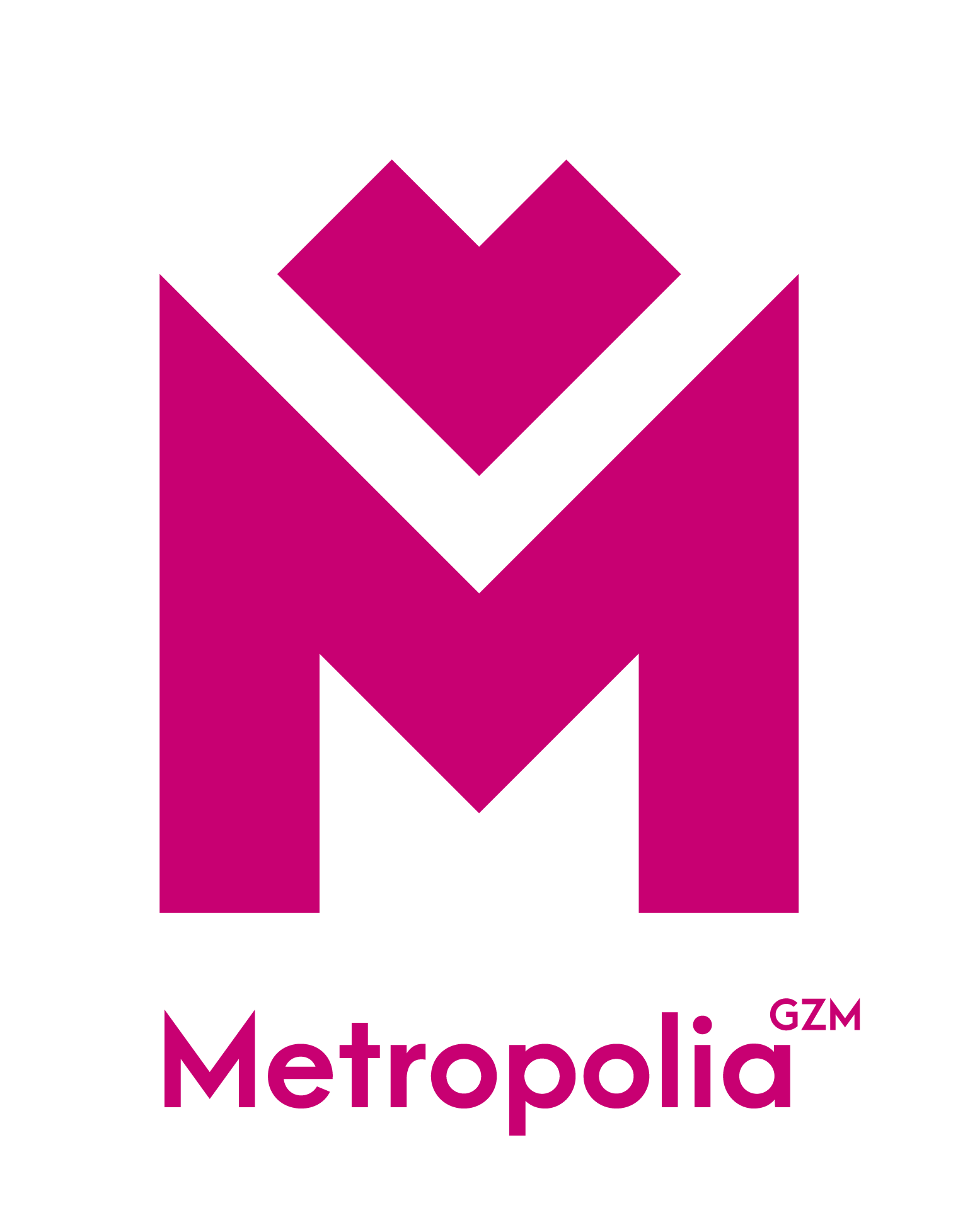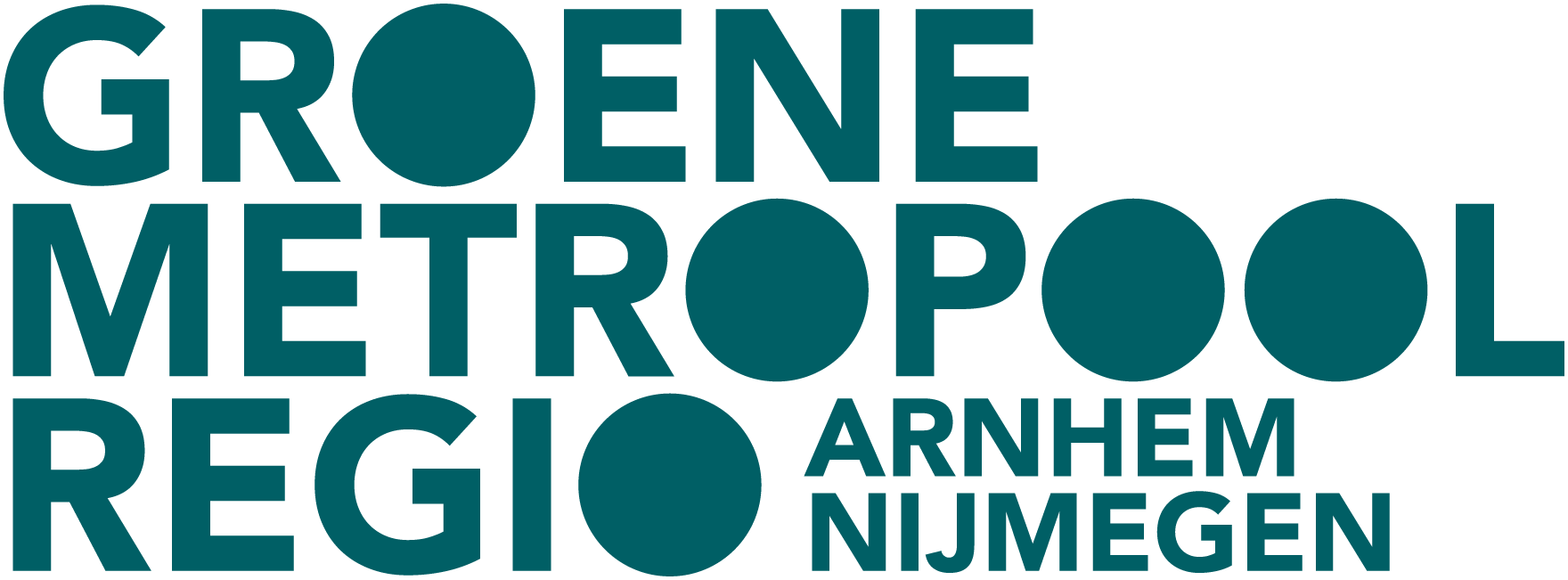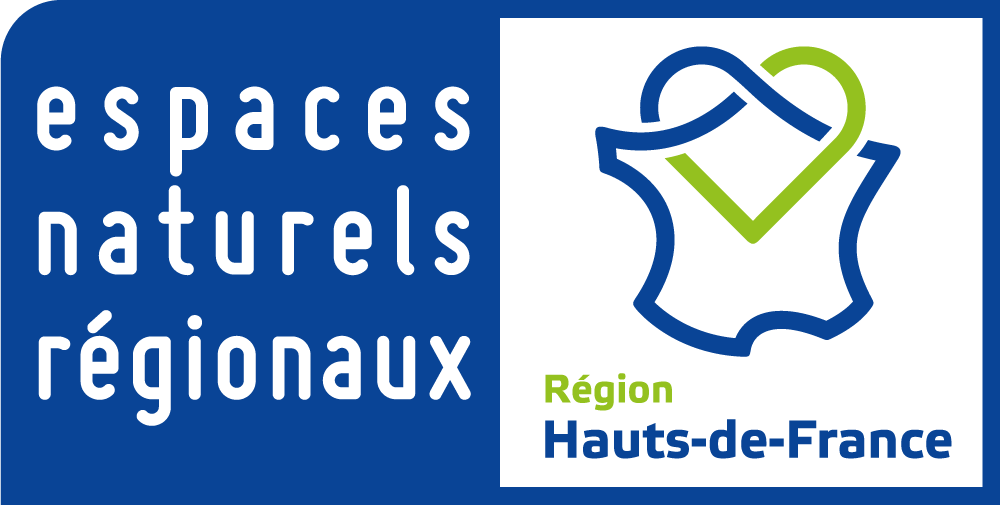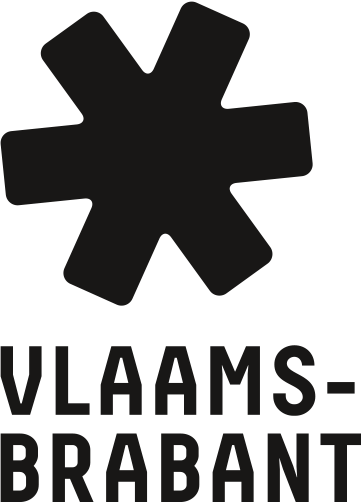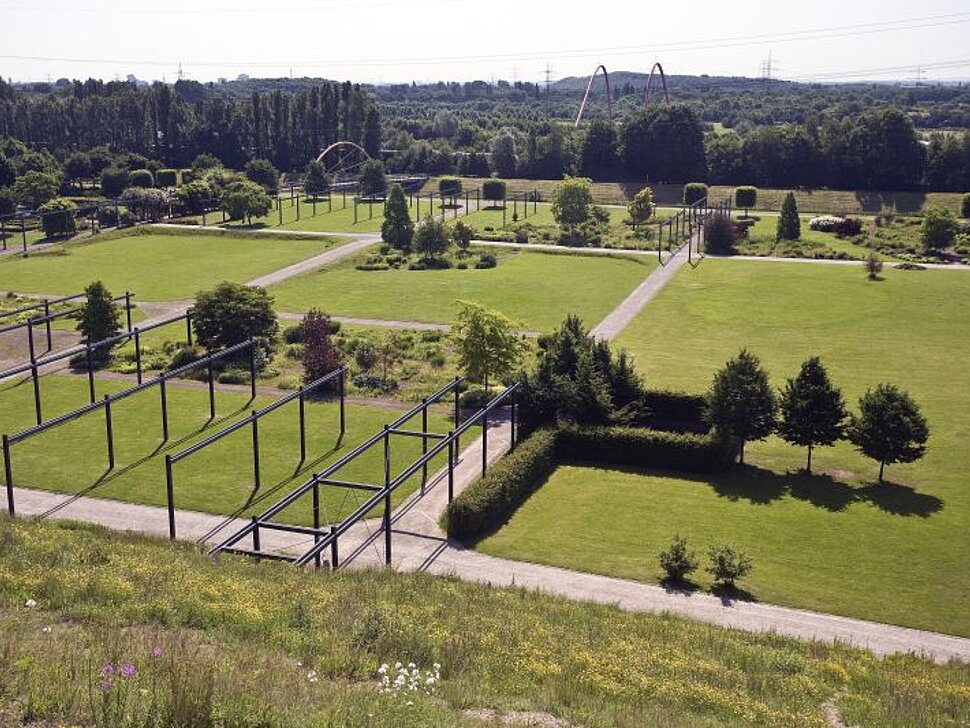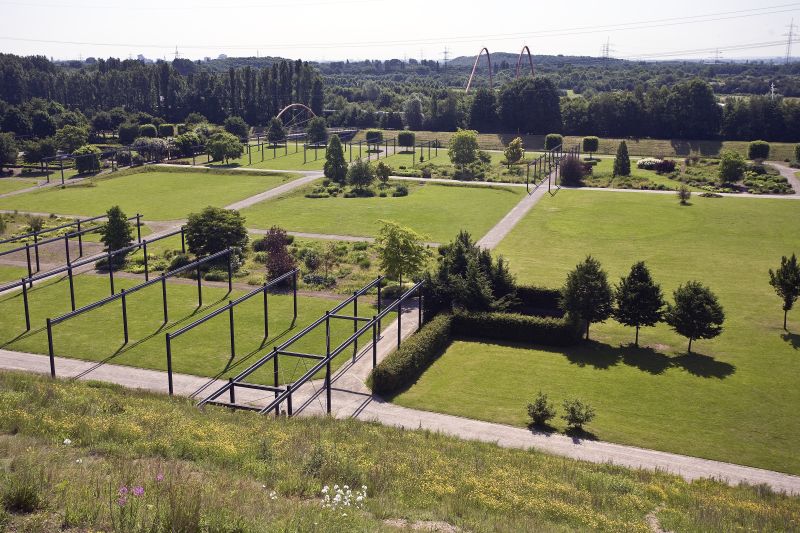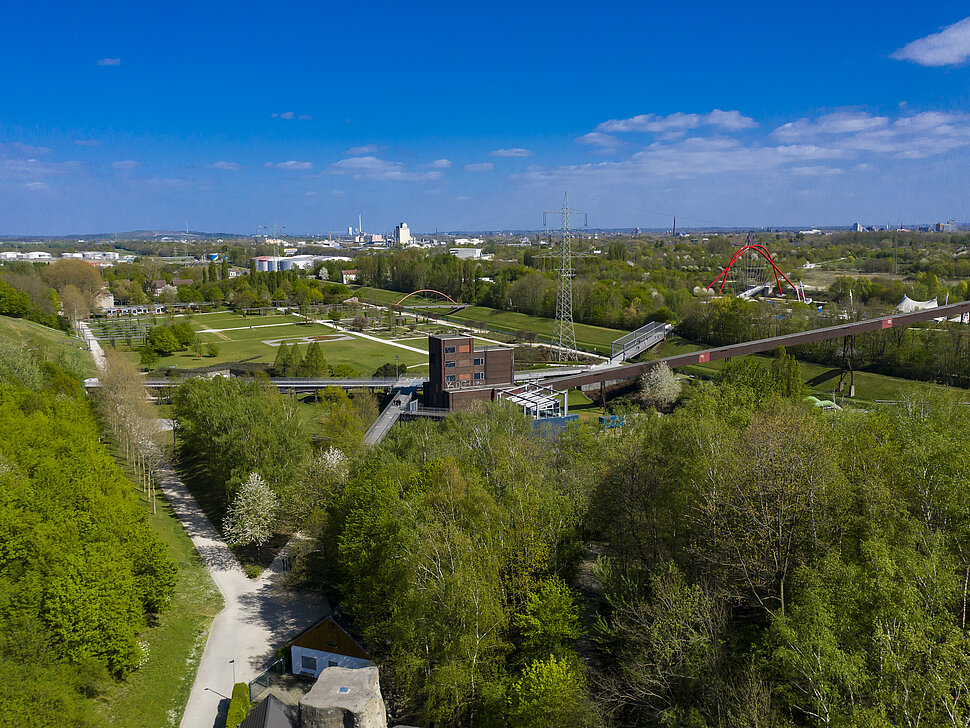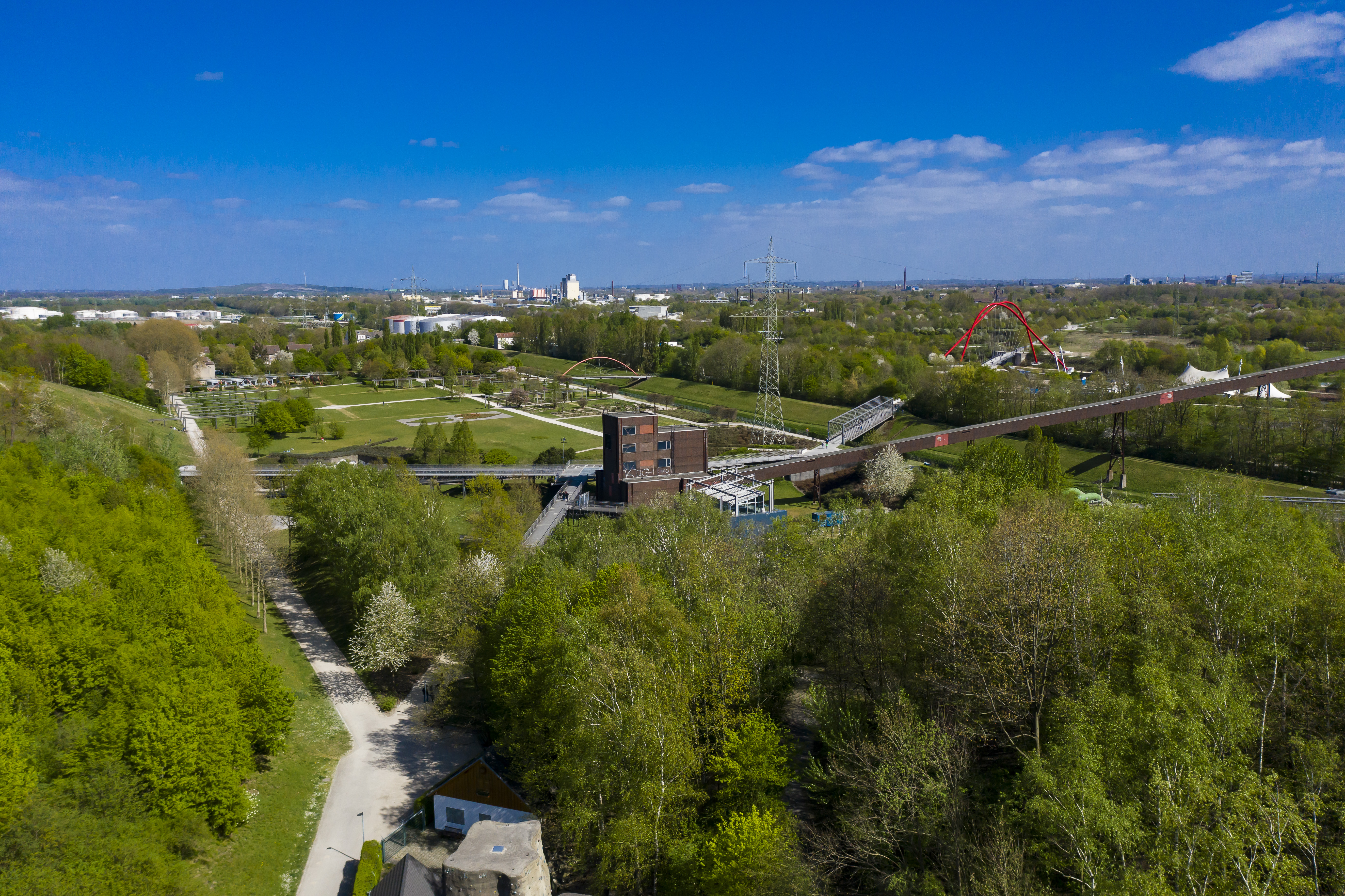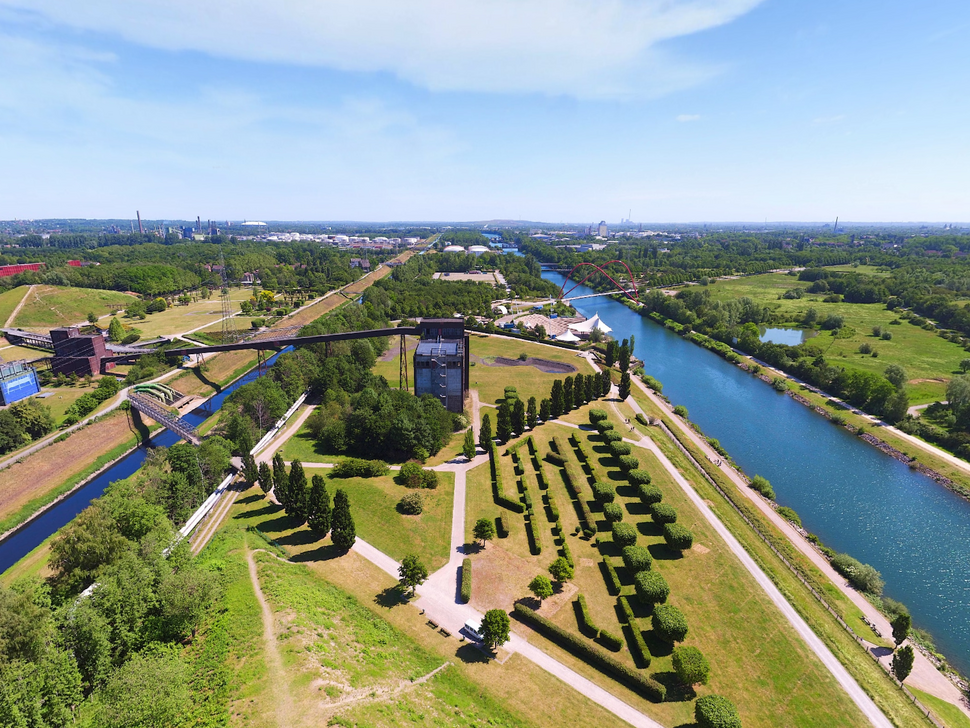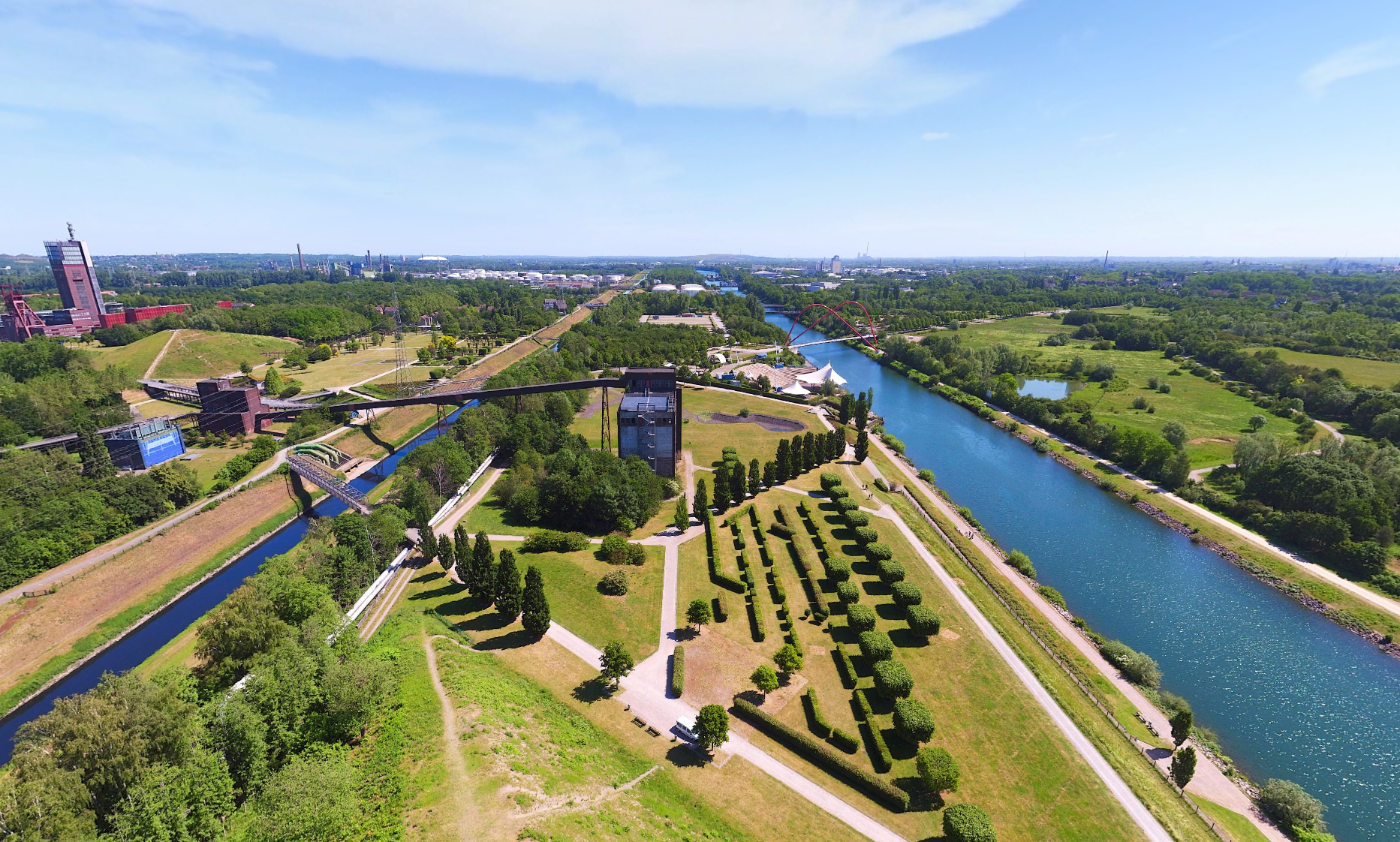Kopfbereich
Cities and regions across Europe are facing multiple challenges. Climate change, the biodiversity crisis and the ongoing land consumption make it necessary to develop targeted solutions and approaches to action. A multifunctional response to these problems can be provided by Green Infrastructure, offering a range of benefits. Even though European regions have to deal with similar challenges they have generated very individual, successful methods to develop and implement Blue and Green Infrastructure in their area. We want to bring the regions together to share these innovative approaches.
The idea of the summit
The 1st European Green Infrastructure Summit took place in June 2025 in the Ruhrgebiet. The event enabled a professional exchange between European regions on how to successfully develop and implement Green Infrastructure. Various strategies, best practice projects, and current challenges were presented and discussed to learn from each other's approaches. Working phases of different formats provided a platform to find strategic solutions for individual challenges.
Results of the summit
Results of the summit
Key Findings & Outcomes
Concrete Collaborations Initiated
The Matching of the Regions format generated direct approaches for joint projects – for example, within the framework of a LIFE application, a joint presence at IGA 2027, or the idea of a "Flying Adaptation Expert."
Joint Political Positioning
In interactive formats, the regions developed common expectations of the EU: including better funding mechanisms, less bureaucracy, and long-term political support for green infrastructure.
Practical Knowledge Transfer Promoted
Workshops on digital tools, informal planning, Vision 2120, and EU funding provided immediately usable insights – including on participation formats, data platforms, and regional climate adaptation.
Declaration Signed – Commitment Reaffirmed
The symbolic signature under a joint declaration makes it clear that the participating regions view green infrastructure as a forward-looking, cross-border joint task.
Added value for the participating regions
- Establishment of a trust-based network for exchange, project partnerships, and joint lobbying.
- Development of strategic visions for sustainable transformation and climate adaptation.
- Identification of concrete fields of action with practical implementation relevance.
Positioning towards the EU with the aim of improving financing and regulatory frameworks.
Recommendations for the future
- Stabilization of the network through regular exchanges, structured communication platforms, and shared resources.
- Anchoring long-term visions with concrete measures and pilot projects in the regions.
- Institutionalization of joint advocacy vis-à-vis the EU, federal government, and states.
Downloads
Downloads

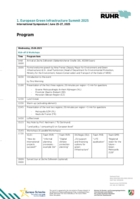
EGI Summit Program (215 KB)
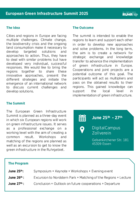
EGI Summit Flyer (195 KB)
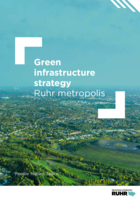
Green infrastructure strategy Ruhr metropolis (19 MB)The regional Green Infrastructure Strategy serves as an informal planning basis for the further development of green infrastructures in the Ruhrgebiet.
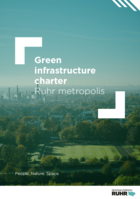
Green infrastructure charter Ruhr metropolis (8 MB)The green infrastructure charter will function as a comprehensive strategic framework in the future. Guiding themes and overall targets form the basis for working out objectives and detailed solutions, negotiating them and jointly implementing them.
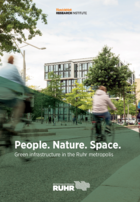
Factbook Green Infrastructure (english) (33 MB)Factbook Green Infrastructure in the Ruhr Metropolis. People. Nature. Space.
Participants
25-50-25 grau
Frequently Asked Questions
► What is the summit about?
The conference is about the exchange of ideas between European regions on the topic of Green Infrastructure and related subject areas. The focus is on professional exchange and learning from each other. Therefore, various successful approaches will be presented and compared on the summit. These can be both processes and implementation projects. Based on challenges and existing questions, possible solutions will be discussed and exchanged at the conference.
► What is the goal of the summit and the potential network?
The long-term goal is to develop a network of regions that can provide support and knowledge with the possibility of joint future Green Infrastructure projects. To do this, we first need to get to know each other and exchange our approaches, this is what the Summit 2025 is for. After this, it would be great if we could establish a regular exchange. This could be in small working groups that meet more often on a specific topic or for example on a common platform and of course the summits that take place regularly in different regions. We would like to discuss the network-idea together with you on the summit and how the involvement could look like.
► How were the partners and regions selected?
The regions that have been contacted for the summit in 2025 are those, that are already partner regions of the RVR or with whom we have already worked together on Green Infrastructure topics.
► Who is attending the summit? Can the network be expanded?
The first summit would take place on a rather small scale among the regions selected, every region being represented by 4-5 experts. These experts can be project managers, topic managers, international experts or representatives of the administration from their region. Other representatives of the regions can also be invited, but the summit should primarily be an exchange between the experts from the group of people mentioned above. If you know of other regions with similar projects, let us know!
Excursion
The transformation of a park into a Future Garden
A highlight of the summit was a half-day excursion to Gelsenkirchen, where we visited the Nordsternpark.
As part of the IGA 2027 in the Ruhr region, the future garden "Zukunftsinsel mit Nordsternpark+" (Future Island with Nordsternpark+) is developing innovative solutions for the challenges of our time: digitalization, climate resilience, environmentally friendly mobility, and innovative forms of housing. The plans are based on the already established Nordsternpark and utilize the existing diversity of leisure and recreational opportunities as a foundation for future-oriented problem-solving and innovative developments.
Planners from the International Garden Exhibition 2027 will accompany us on this guided tour. They will explain the concept of the Garden of the Future and tell us about the plans for its implementation.
You can find more information about the IGA 2027 here.
Kontaktbox(en)
Marie Eppmann
Referat Klima und Umweltschutz
Team Grüne Infrastruktur und Klimaneutralität
eppmann[at]rvr.ruhr
+49 201 2069-628
Justus Quanz
Referat Klima und Umweltschutz
Team Grüne Infrastruktur und Klimaneutralität
quanz[at]rvr.ruhr
+49 (201) 2069-613
Tino Wenning
Referat Klima und Umweltschutz
Teamleiter Grüne Infrastruktur und Klimaneutralität
wenning[at]rvr.ruhr
+49 201 2069-357

